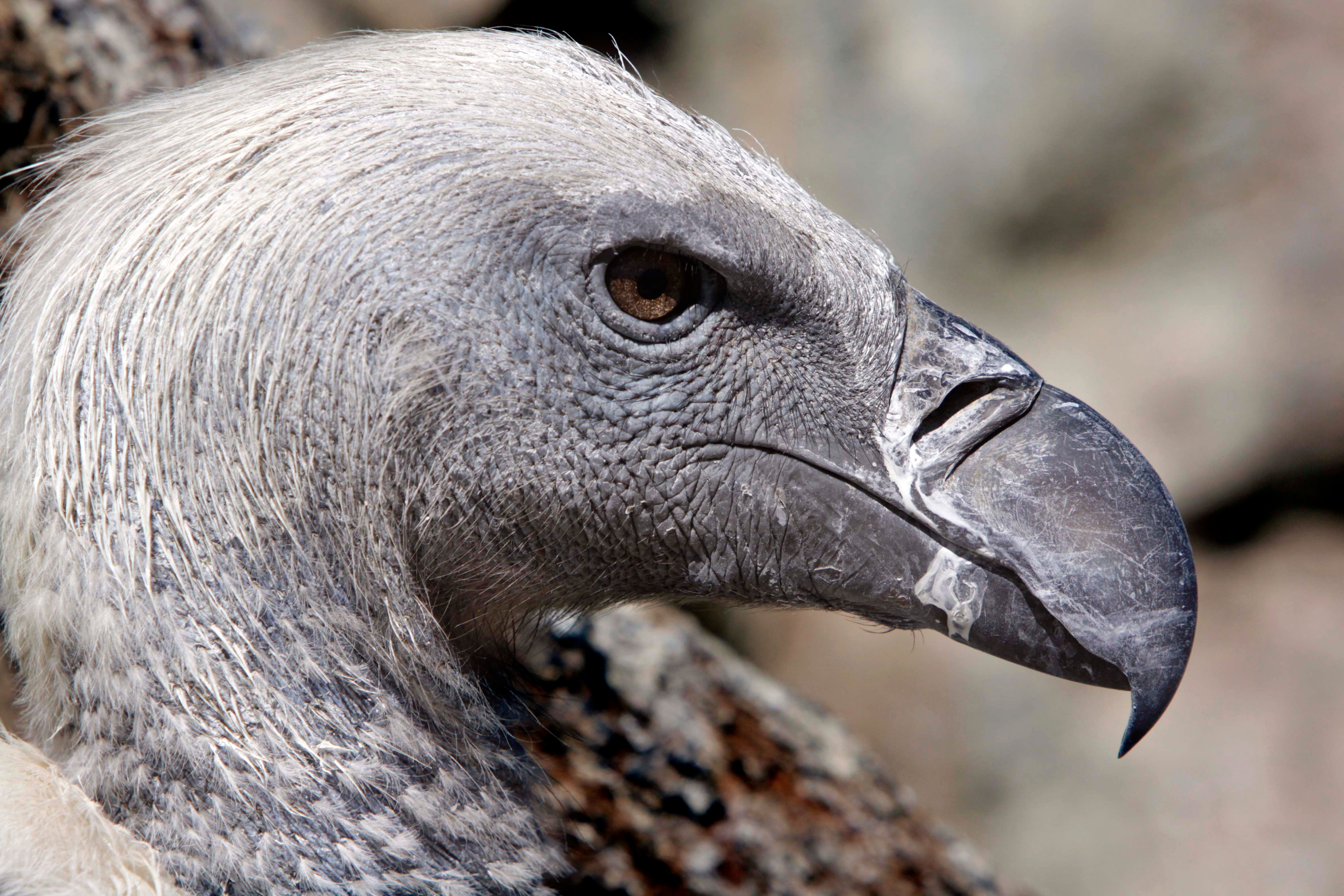
Vultures, often unfairly associated with death and decay, are facing an image crisis.
Conservationists in Africa, however, are striving to change these perceptions and highlight the immense value these birds bring to their ecosystems.
A new initiative aims to quantify this value, putting a literal price tag on the crucial services vultures provide.
A recent report by BirdLife International estimates that vultures contribute a staggering $1.8 billion annually to ecosystems in southern Africa.
This figure underscores the vital role these often-overlooked birds play. Vultures act as nature's cleanup crew, efficiently removing carcasses and preventing the spread of disease.
Their scavenging also helps control pest populations and even aids in anti-poaching efforts.
"They are not up there on the pretty scale," admits Fadzai Matsvimbo, an extinction prevention coordinator at BirdLife International. "And they are not popular. But we know they are very useful."

The report comes at an important time for Africa's vultures; six of the 11 species found on the continent are listed as endangered or critically endangered by the International Union for Conservation of Nature, which says vultures are highly threatened in many parts of the world. In Africa, some species have declined by nearly 90 per cent, Matsvimbo said.
Conservationists hope the report will make authorities and the public more aware of the positive impact of vultures.
It focused on research in Botswana, Zambia and Zimbabwe and shows how a wake of vultures — the term for a group of feeding vultures — can strip a decomposing carcass in hours, cleaning up ecosystems, reducing the chance of disease spreading and the presence of pests like rats and feral dogs, which has great benefits to communities.
Vultures also have extremely strong stomach acid, don't get food poisoning and are able to consume and neutralize anthrax, botulism and other bacteria and toxins in carcasses that would kill other animals, removing deadly threats from the environment. Just this week, more than 50 hippos died from suspected anthrax poisoning in a reserve in Congo.
Vultures are nature’s “best sanitation services,” said Matsvimbo. Conservationists have raised the case of the drastic loss of vultures in India over the last 30 years and how that led to a health crisis. A study published last year said half a million people died in India because of the spread of bacteria and infections in the absence of vultures.
Matsvimbo said vultures in Africa are also used as “sentinels” by game rangers because they are often the first to spot a dead animal and can lead rangers to where poachers might be active. They have even proven useful in helping farmers locate dead or injured livestock.
Vultures are unique among land vertebrates in that they only feed on carrion — dead animals. That makes them especially susceptible to poisoning by humans, either intentionally by poachers and others who want to get rid of them, or by mistake when pests are the target. Hundreds of vultures can die from a single poisoned carcass.
Vultures are also regularly killed or maimed in collisions with powerlines in Africa. And they are increasingly being killed for belief-based reasons, said Kerri Wolter, the CEO of the Vulpro vulture rehabilitation center in South Africa, which treats sick and injured vultures to be released back into the wild.
She said because vultures have such outstanding eyesight and instincts when it comes to finding a dead animal they are viewed by some as being clairvoyant and able to foresee death. Their body parts, and especially their head, are used in potions or as charms to predict the future.
“Our work is to change the mindsets of people,” Wolter said. “For them to see vultures and think, wow that is amazing.”
Matsvimbo and Wolter both said vultures have been given a raw deal by moviemakers in Hollywood, where they are almost always shown as evil and sinister. Movies have done for vultures what “Jaws” did for sharks, Wolter said.
“I love watching ‘The Lion King,’ but every time they do the vulture part, my heart breaks," said Matsvimbo. “Vultures are never portrayed in a positive way. I have a bone to chew with these moviemakers. Or should that be bone to pick?”
Colombia's capital ends drought-related water rationing. Its case is a warning to other cities
Crowds demonstrate against gender-based violence in South Africa after alleged rape of 7-year-old
How an ‘unsecured’ penguin caused a helicopter crash in South Africa
Death of five children during gruelling hospital trek blamed on Trump’s aid cuts
151 dead as Nigeria struggles with rapidly spreading outbreak
Tiny landlocked country will be destroyed by Trump’s highest tariff, analyst warns







